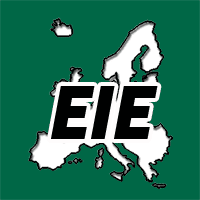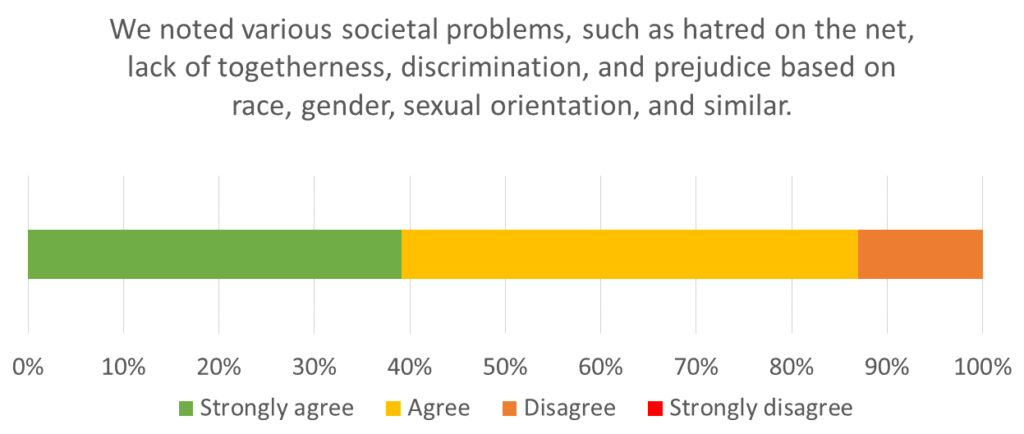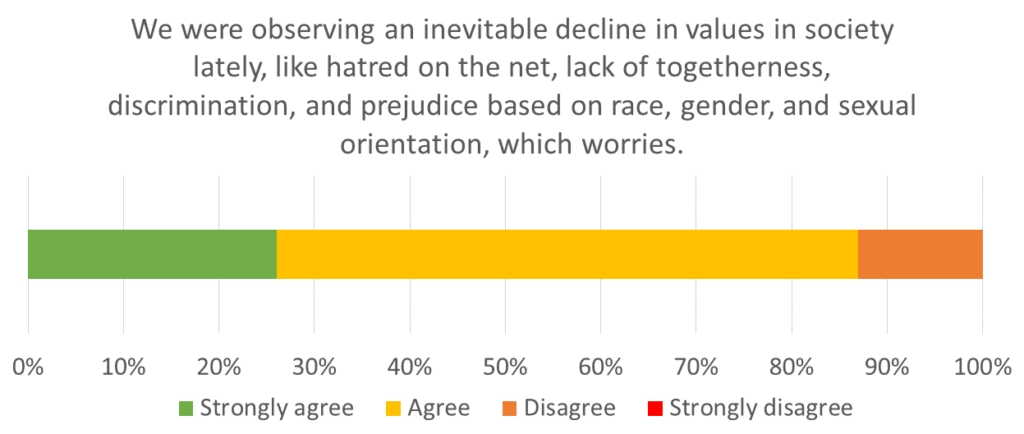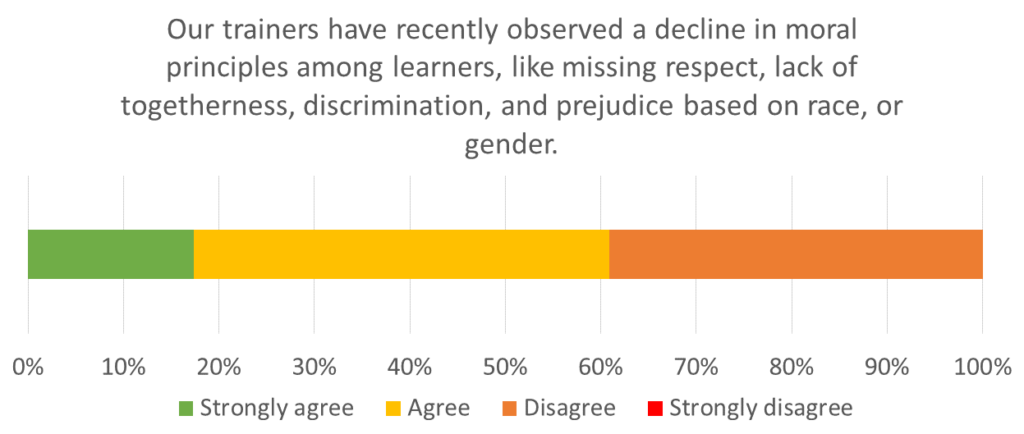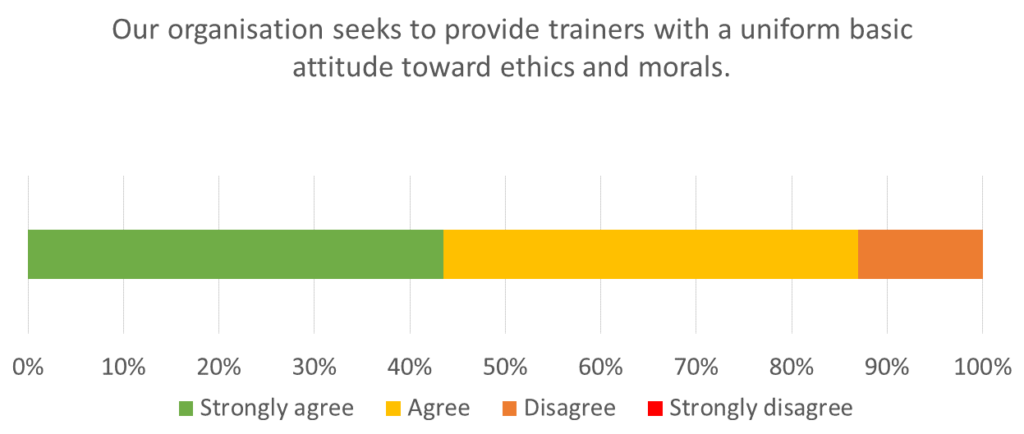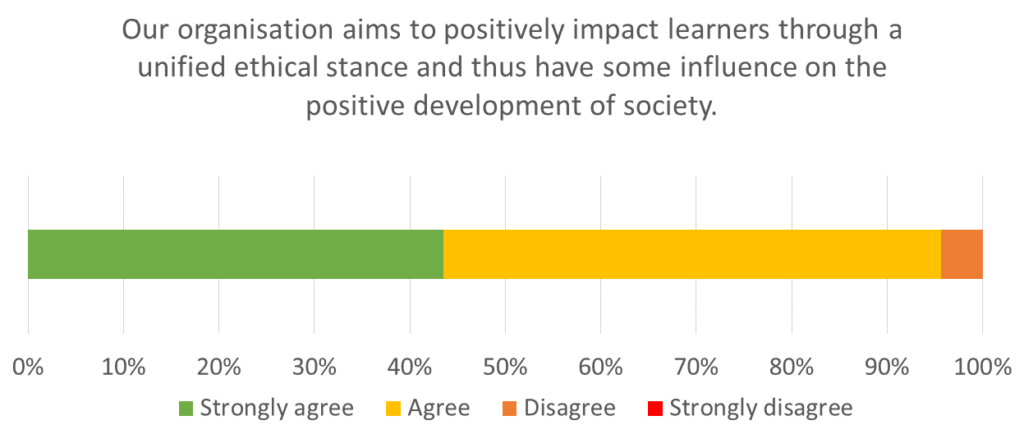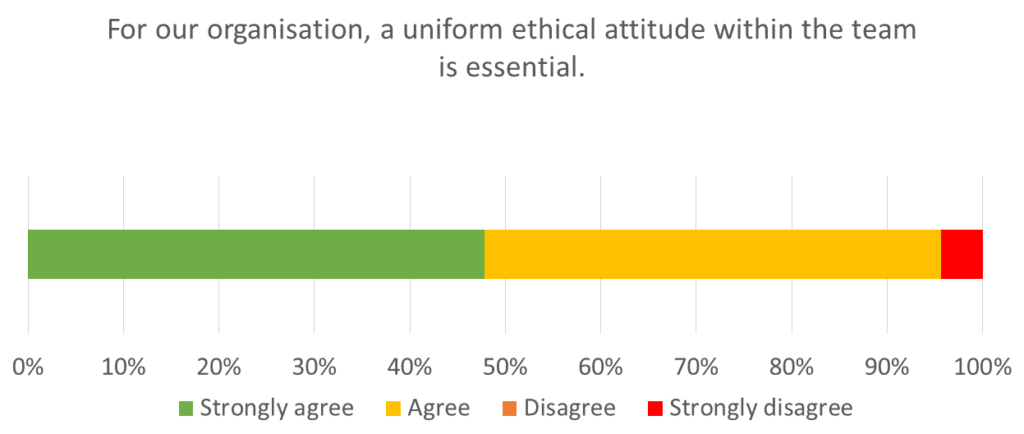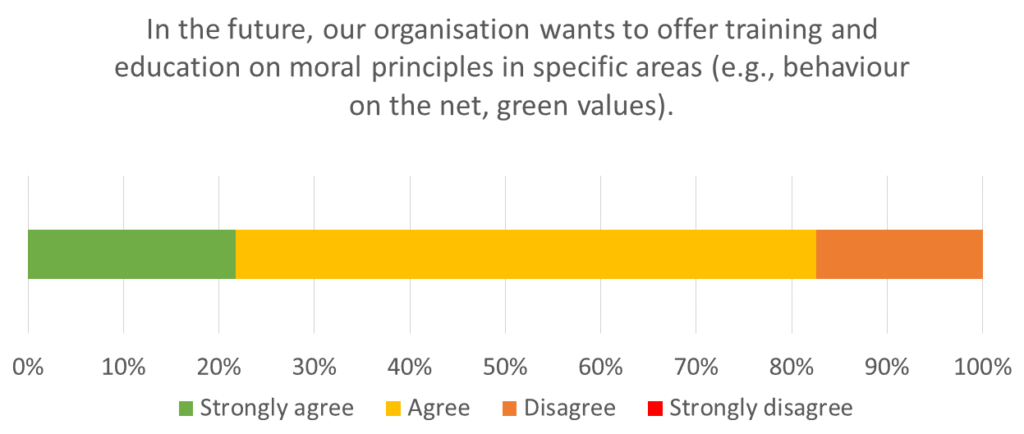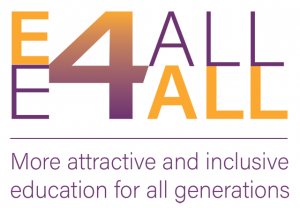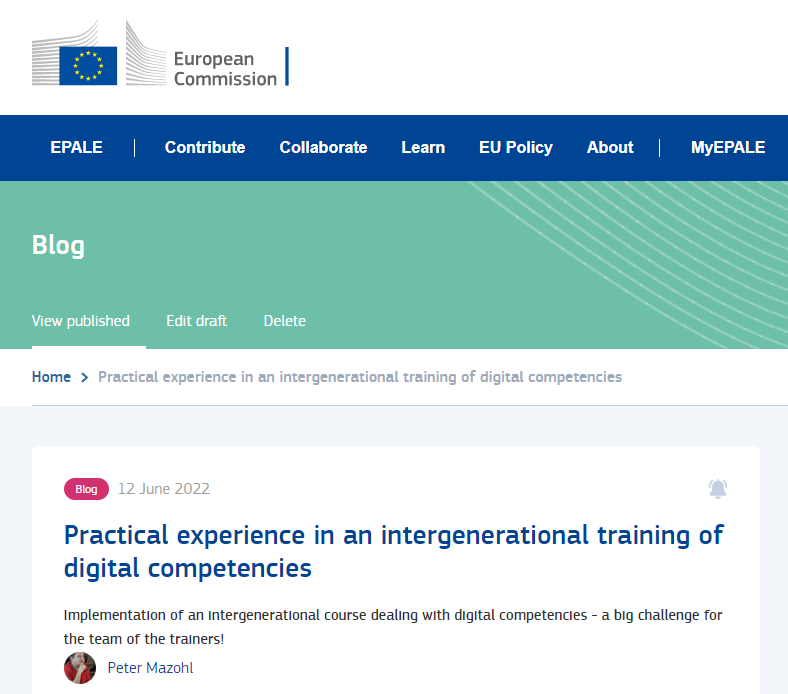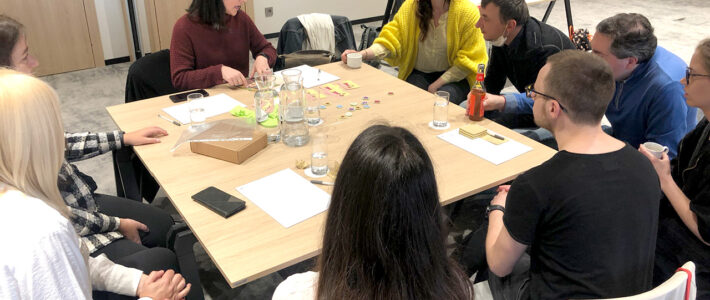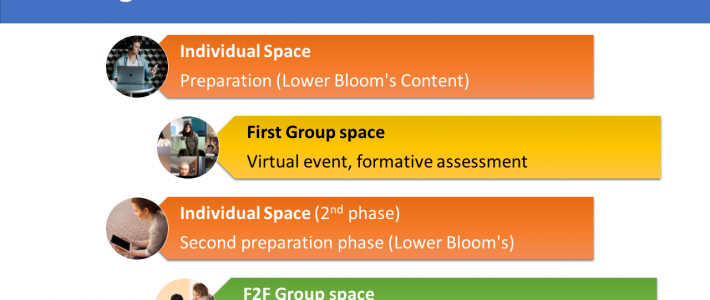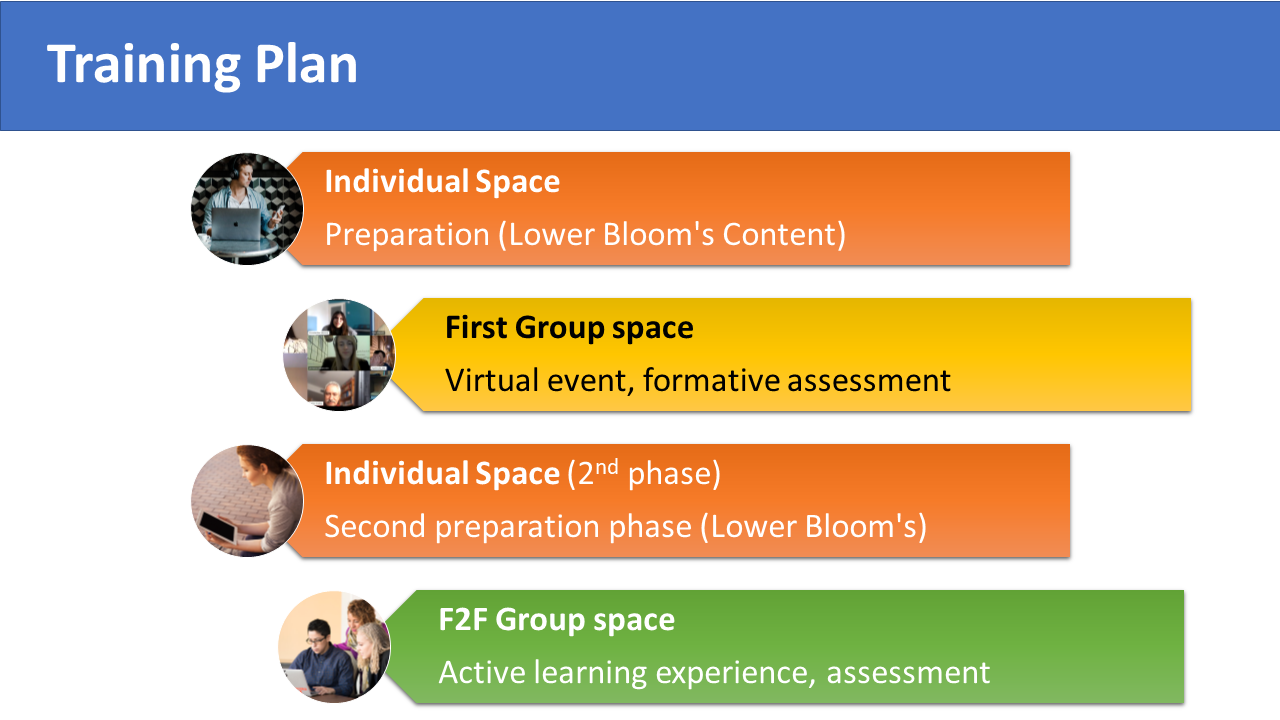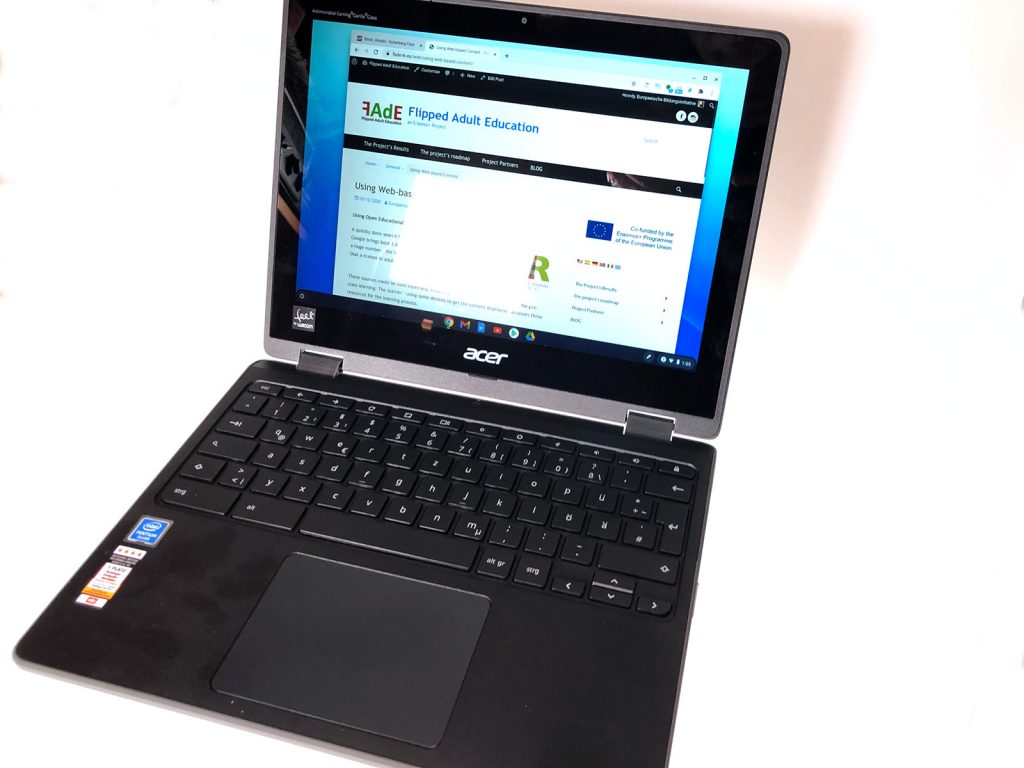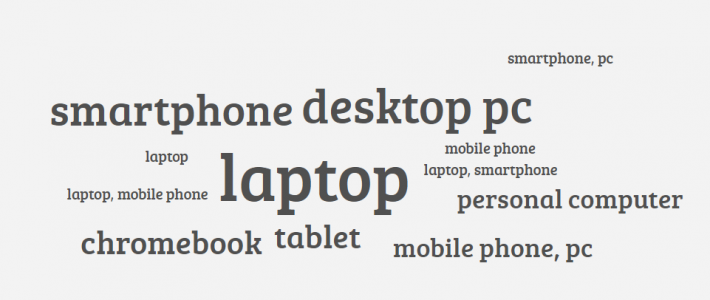The twelve Sectors of efficient Flipped Learning

The 12 sectors of efficient Flipped Learning 3.0 provide a comprehensive framework for understanding and implementing this innovative teaching and learning approach. Each sector plays an important role in ensuring that flipped learning is effective, engaging, and beneficial for all learners. The 12 sectors cover all aspects of Flipped Learning 3.0, from understanding the core principles to planning and implementing flipped learning experiences. This makes the 12 sectors a valuable resource for educators who are new to flipped learning or who want to improve their flipped learning practices. Besides this, they highlight the importance of considering factors such as learners’ learning styles, prior knowledge, and interests when planning flipped learning experiences. This ensures that Flipped Learning 3.0 is relevant and engaging for all students. Furthermore, they highlight the research that supports the effectiveness of flipped learning. This evidence can help educators to make the case for flipped learning to their administrators and colleagues. Finally, the 12 sectors provide practical advice on how to implement flipped learning in different educational settings. This advice can help educators to overcome challenges and implement Flipped Learning 3.0 successfully.
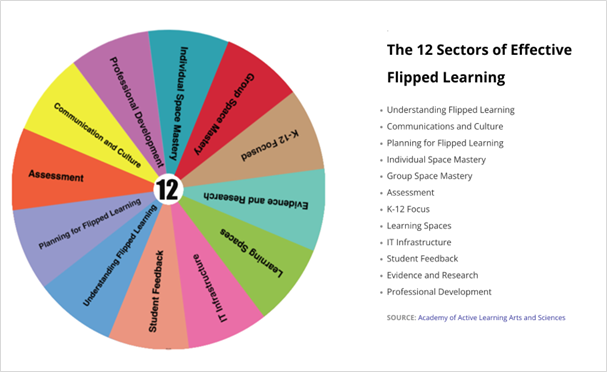
These 12 sectors are:
- Understanding Flipped Learning
This sector provides a comprehensive overview of the foundational concepts of Flipped Learning 3.0. It covers essential aspects like the flipped classroom model, which involves delivering instructional content outside the class and using in-class time for interactive activities and discussions. The flipped learning process is explained, emphasizing the importance of pre-recorded lectures, reading materials, and other resources to be consumed by students outside the classroom. Moreover, the sector outlines the various benefits of Flipped Learning 3.0, such as increased student engagement, improved understanding of complex topics, and enhanced critical thinking skills. - Communication and Culture
In this sector, the focus is on fostering a positive flipped learning culture within the classroom. Effective communication strategies with both students and parents are discussed to ensure everyone is well-informed and engaged in the learning process. Building a strong community of learners is emphasized, with guidance on promoting collaboration, open discussions, and mutual support among students to enhance the overall learning experience.
Relevance for Adult Education: In this field of education, parents do not play any role. Nevertheless, the communication issue is relevant. - Planning for Flipped Learning
This sector delves into the intricacies of planning for the successful implementation of Flipped Learning 3.0. It guides educators on selecting appropriate content for pre-recorded lectures and readings, taking into account the learning objectives and learner needs. It explores strategies for creating engaging and interactive learning activities that effectively leverage the in-class time. Additionally, the sector offers insights on assessing student learning in a flipped classroom setting, including using formative assessments to monitor progress and employing summative assessments to evaluate the overall understanding of the subject. - Individual Space Mastery
Focused on empowering students to excel in their individual learning spaces, this sector offers practical advice on optimizing self-paced learning. Learners are guided on how to utilize pre-recorded lectures effectively and assigned activities to maximize their understanding of the subject. Furthermore, it provides strategies for students to seek help and support when needed, fostering a sense of autonomy and responsibility in their learning journey.
The Individual Learning Space prepares Learners for the group space. The used material covers Lower Bloom’s (Taxonomy) elements. - Group Space Mastery
This sector concentrates on cultivating effective group learning experiences within the flipped classroom environment. Learners are encouraged to develop strong collaborative skills, actively participate in discussions, and collectively solve problems. Techniques for facilitating group projects, peer learning, and constructive communication are discussed to create a dynamic and synergistic learning atmosphere.
The Group Learning Space enables active and collaborative learning (addressing higher Bloom’s taxonomy elements) - Assessment
Addressing the crucial aspect of evaluating student progress, this sector explores diverse assessment strategies in the flipped learning context. It covers the use of formative assessments, allowing instructors to monitor learner understanding in real-time and adapt instructional approaches accordingly. Summative assessments are also explored to gauge overall learning outcomes. Additionally, the importance of providing timely and constructive feedback to students is highlighted as a means of facilitating continuous improvement. - K-12 Focus
This sector addresses the specific needs and challenges of K-12 students in the flipped learning environment. It delves into methods of differentiating instruction to cater to individual learning styles and abilities. Moreover, it offers insights on how to support diverse learners and ensure an inclusive learning experience. The effective integration of technology in K-12 education is also discussed, with an emphasis on age-appropriate tools and resources.
Remark: This sector is not relevant for Adult Education. - Learning Spaces
This sector emphasizes the significance of designing conducive physical learning spaces that align with the principles of Flipped Learning 3.0. Practical tips for arranging the classroom to promote collaboration, interaction, and accessibility to resources are shared. Additionally, the effective use of technology to facilitate learning experiences is explored, with an emphasis on creating an inviting and productive learning environment. - IT Infrastructure
Focused on the technological backbone of Flipped Learning 3.0, this sector provides guidance on selecting suitable tools and resources to support the implementation of flipped learning. Strategies for managing technology effectively and troubleshooting common issues are shared, ensuring a seamless learning experience for both students and teachers. - Student Feedback
This sector underscores the value of gathering feedback directly from learners to enhance the effectiveness of Flipped Learning 3.0. Various methods for collecting meaningful feedback are explored, including surveys, discussions, and informal conversations. Guidance on analysing student feedback to identify strengths and areas for improvement in the flipped learning approach is provided, thereby enabling continuous refinement of the teaching and learning process. - Evidence and Research
Rooted in empirical data and research findings, this sector highlights the benefits, challenges, and best practices of flipped learning. It presents a comprehensive overview of the evidence supporting the positive impacts of flipped learning on student engagement, academic achievement, and critical thinking skills. Additionally, it addresses the challenges and potential pitfalls that educators may encounter during implementation, along with evidence-based strategies to overcome them. - Professional Development
This sector addresses the importance of equipping educators with the necessary skills and knowledge to effectively implement flipped learning. It explores the process of introducing Flipped Learning 3.0 to instructors, ensuring they understand the underlying principles and methodology. Strategies for providing comprehensive training and ongoing support to teachers, such as workshops, mentorship, and collaborative learning communities, are discussed, emphasizing the importance of continuous professional development to foster successful flipped learning environments in educational institutions.
